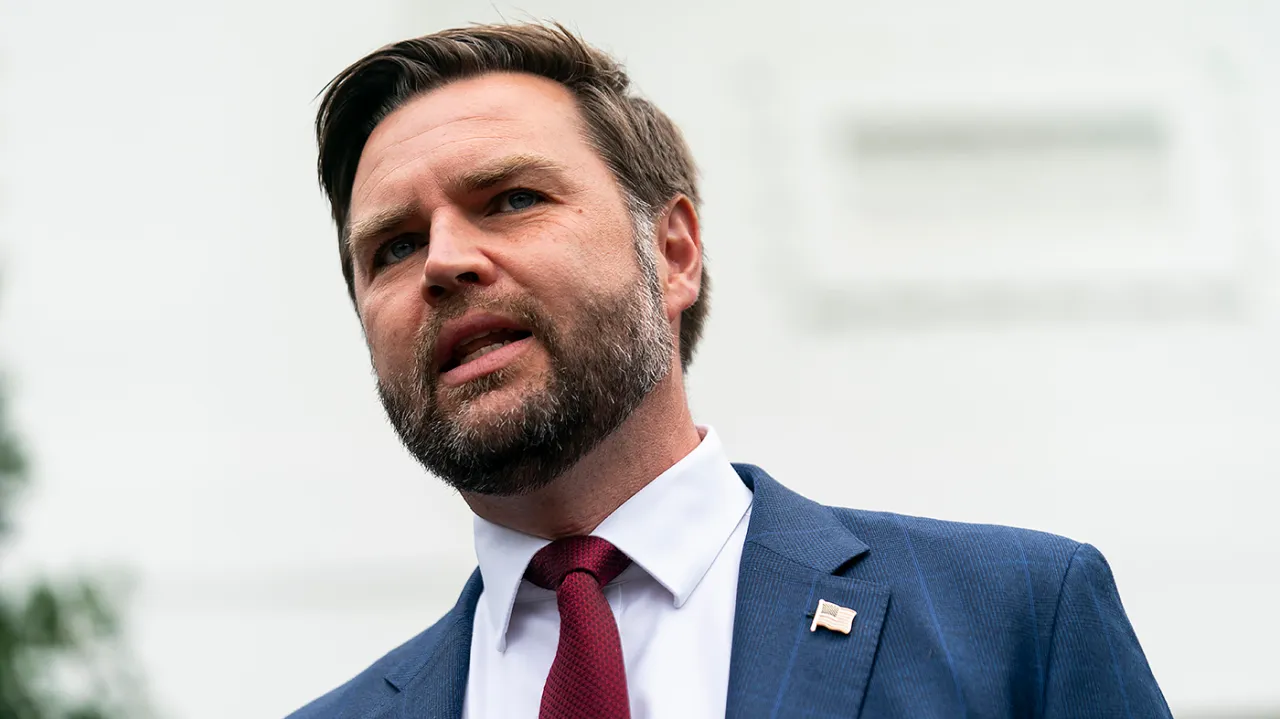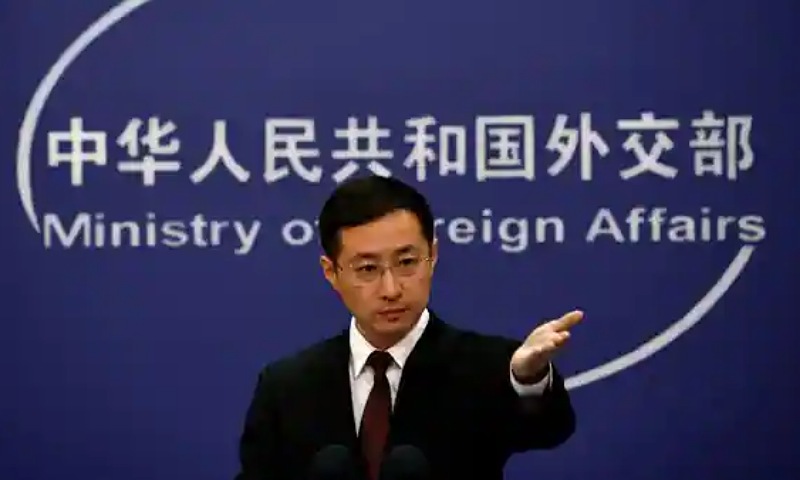On the twelfth day of the government shutdown, Vice President JD Vance warned that federal workers should brace for even deeper cuts if the funding deadlock continues. He explained that every passing day without resolution pushes more departments toward difficult cost decisions.
How the Shutdown Affects Federal Workers
Vance noted that several agencies have started preparing termination and furlough notices for over 4,000 workers. He said the administration is prioritizing essential services, including military pay and basic welfare programs. However, he admitted that many civilian roles are on the chopping block. According to him, the cuts may seem harsh but are necessary to keep key functions running.
Operations Halt Across Departments
Government operations have slowed across multiple sectors. Museums, research centers, and environmental offices have suspended activities. Some federal offices now open for shorter hours, while others remain closed completely. Workers who depend on federal paychecks continue to feel the strain, with several unions reporting a rise in financial hardship among members.
Pushback from Unions and Lawmakers
Labor unions quickly condemned the administration’s stance, calling it reckless and unfair. Democratic lawmakers joined in, urging the government to protect workers instead of using them as leverage. In response, Vance defended his position, stating that the shutdown’s financial impact forces tough decisions. He also challenged Congress to act swiftly, emphasizing that “no one wins when government stops working.”
Political Pressure Builds
Pressure on both parties continues to mount. Public frustration is growing, and economists warn that a prolonged shutdown could hurt economic stability. Some Republican leaders have started urging a compromise, while Democrats demand immediate reopening before negotiations continue. Both sides face rising criticism for failing to prioritize the people affected.
Conclusion
Vance’s comments highlight the urgency of resolving the government shutdown. As agencies run out of funds and workers face financial uncertainty, the need for bipartisan cooperation grows stronger. The coming days will determine whether Congress can reach an agreement or allow deeper cuts to define yet another chapter of political stalemate.
Bonus Read: Trump Threatens 100% China Tariff




One thought on “Vance Warns of Deeper Cuts as Shutdown Reaches Day 12”